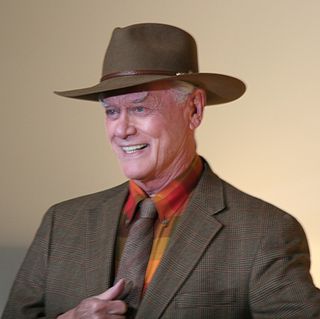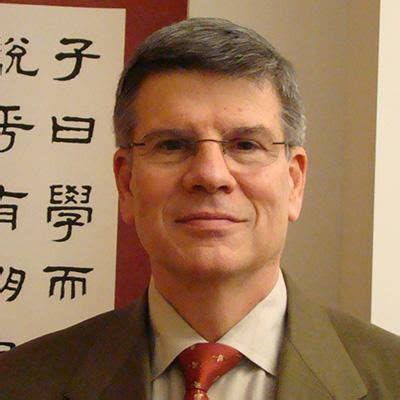A Quote by Michael Scheuer
They [politicians] have defined the war simply in terms of the detonation of explosives. When you look at the broader picture, America is mired in two wars that we're losing at the moment. We have a political environment that is as poisonous as anything I've seen, at least since the end of Vietnam.
Related Quotes
Since I was a kid. I had this series by Ballantine Books about the history of World Wars I and II. In my 20s, it was the Vietnam War literature of novelists like Tim O'Brien, Philip Caputo, and Tobias Wolff, and then nonfiction such as "A Bright Shining Lie" by Neil Sheehan and "The Best and Brightest" by David Halberstam . Those are the two best histories of Vietnam.
The casualties in the Civil War amount to more than all other wars - all other American wars combined. More people died in that war than World War II, World War I, Vietnam, etc. And that was a war for white supremacy. It was a war to erect a state in which the basis of it was the enslavement of black people.
When I grew up, in Taiwan, the Korean War was seen as a good war, where America protected Asia. It was sort of an extension of World War II. And it was, of course, the peak of the Cold War. People in Taiwan were generally proAmerican. The Korean War made Japan. And then the Vietnam War made Taiwan. There is some truth to that.
In colonial America, the father was the primary parent. . . . Over the past two hundred years, each generation of fathers has hadless authority than the last. . . . Masculinity ceased to be defined in terms of domestic involvement, skills at fathering and husbanding, but began to be defined in terms of making money. Men had to leave home to work. They stopped doing all the things they used to do.
Is it not tragic, for example, that while in the last World War almost everyone believed it was the war to end all wars and wanted to make it so, now in this Second World War almost no writer that I have read dares even suggest that this is the war to end all wars, or act on that belief? We have lost the courage to hope.
The American people today are involved in a warfare more deadly than the war in Vietnam, but few of them seem aware of it and even fewer of them are doing anything about it. This is a war that is being waged against the American environment, against our lands, air, and water, which are the basis of that environment.



































